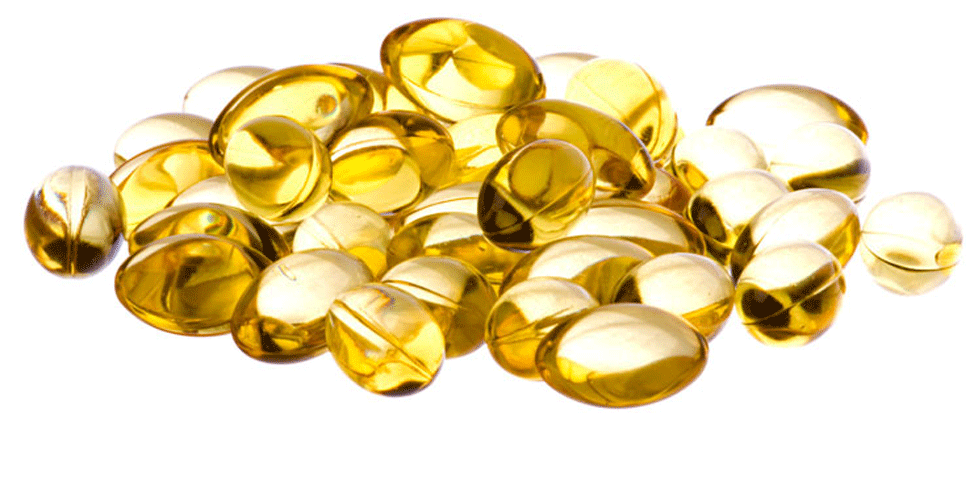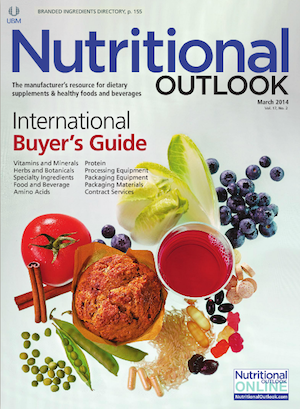GOED Exchange: Omega-3 Stability Testing for Finished Fish Oil Products
Conventional test methods only evaluate the raw material, but oxidation can occur with additives such as flavors.

Those lucky enough to attend this week’s GOED Exchange in Salt Lake City have already been gifted with details of a novel approach to omega-3 stability testing in fish oil products. Because today’s test methods are only intended for measuring omega-3 stability in pure fish oil, Diteba (Mississauga, ON, Canada) is designing one for finished fish oil products.
Why is there a need for this kind of later-stage testing?
Today, industry relies on a short list of omega-3 stability test methods, most notably the p-Anisidine Value test. It’s recognized by many scientific bodies-including USP–NF, the European Pharmacopeia, and the AOAC-and its required of various fish oil certifications. For simple oils, this test method has no problem. But it turns out that the various additives employed to alter the color, flavor, and smell of fish oil can interfere with the p-Anisidine Value test. A conventional p-Anisidine Value test is apparently incapable of separating the many oxidation compounds from pure omega-3s at this level, says Steve Li, MD, Msc, manager of lab operations at Diteba.
Li and Diteba developed what they say is a reliable, novel p-Anisidine Value test with a HPLC-UV method. They say other advanced technologies are available, but if they can quantify and identify these complex oxidized compounds at the formulation stage, they are too expensive for realistic use for the average manufacturer. So far, Li says his company’s technology appears to work for most capsule products. His team is trying to evaluate its reliable use against all of the fish oil industry’s commonly used flavoring agents, such as lemon flavors.
Many national governing bodies enforce thresholds for oxidation in marine oils-using p-Anisidine Values-but once Diteba’s method is 100% confirmed, it should give fish oil manufacturers a reliable test method for testing omega-3 stability in not just the base, raw material fish oil, but in finished fish oil products made with additives.













